Definition 8 Hidden Needs?

The 8 Hidden Needs are a set of implicit needs innate in people that can be exploited to persuade consumers.
The theory underlying the 8 Hidden Needs has been created by Vance Packhard in the 1950s and explained in his 1957 book “The Hidden Persuaders”.
Packhard, an American journalist, researcher and author, studied how advertisers and political leaders are able to impress their audience by targeting some emotions associated with people needs. According to his theory, this type of persuasion is more effective than that aimed at satisfying the basic needs described by Maslow.
Packhard's 8 Hidden Needs are:
- Emotional Security: the world proposes many threats and people generally feel unsafe due to diseases, wars, criminality, pollution, and so on. Moreover, the nature of human being is fragile and very few people are able to find emotional security in their inside. This feeling triggers the need for buying products and services able to confer safety, comfort and happiness.
- Reassurance of Worth: in a hyper competitive and impersonal world, people need to feel recognized and valued for what they do and what they are. Many people don’t get the credits they deserve from interpersonal relationships and their private lives, thus they need a product that endorses their role in the society. Housewives, for instance, are often attracted to certain products that promise to make them better wives. Compare McClelland's Need for Achievement
- Ego Gratification: in a world that is standardizing behaviors and lifestyles, everyone needs to feel special and personally gratified, just like it is done with children. Some products seem to be tailored to boost our sex appeal or happiness, and people are keen on paying a premium price to get a self-gratification and feel unique. An example can be a branded after shave, or a platinum credit card.
- Creative Outlets: in a fully automated world people have little room for creativity in their work. To compensate for the lack of creativity, people find a substitute through products that enable them to be creative: products in an assembly kit, food ingredients, home improvements objects and many hobby-related activities (Lego). By purchasing these products, people can demonstrate their handicraft skills to themselves and others.
- Love Objects: people need to love and be loved. Just like children have dolls and bears, adults need cars, pets, motorcycles, boats, etc...Very often elder parents, whose children have left home, take a pet. The same happens with cars: people who are not able to dedicate their love to another person, do it with a car. They buy the best oil to preserve the engine, and maintain them sometimes with a maniacal care. Compare McClelland's Need for Affiliation, Alderfer's Relatedness Needs.
- Sense of Power: people, especially from certain power-driven cultures, need to chase power and are gratified from objects that symbolically embed it. Just think about ads of powerful motorcycles or cars that dart in a long road. When people move up along the social ladder, the need for power increases and the cars get bigger, the house more solid, etc...We feel powerful when we own and use them, and commonly we associate those who owns these objects with powerful positions. Compare McClelland's Need for Power.
- Roots: due to an increased job mobility across the globe, people need to bring with them a piece of home, such as old-fashioned and family-style products, to overcome the insecurity of not having a non-permanent place. Everything associated with natural, homemade, coming from home country or pertaining to our childhood is able to satisfy this need. For example, people buy more expensive food because they know it has been made in their own country with a traditional process, in this way, wherever they are, they can still feel connected to their primordial status.
- Immortality: the biggest fear of human being is death. People fear that by dying, they will be forgotten, they will become nothing. This is the reason why people seek to create a meaning in their life and try to live as much as they can. That is why people buy life insurance, to allow their family to live comfortably well even if we are not there. In addition, people buy a cream face to look younger, take vitamins to feel as strong as they did before and eat certain food products hoping that they will live longer and better. According to Packhard they don’t buy the products, but they buy the hope for youth and immortality. Compare Alderfer's Existence Needs.
|
Forum about Hidden Needs.
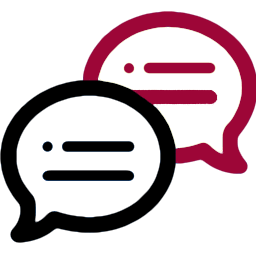
|
Taking Care of your Outer and Inner Self
Summary: Do you want to live a blissful life? Build up your inner consciousness effectively.
OUR CARE FOR OUR OUTER SELF
I was watching some advertisements on the TV and realized that so many of t...
 10 |
|
🔥
|
Scarcity Marketing
Scarcity marketing is a marketing technique based on the principle that people want what is difficult to obtain. It includes product, promotion, pricing, and distribution tactics. It can also be defin...
 3  4 comments |

|
Hidden Needs and Human Behaviour
This concept gives a good insight into human behaviour. These hidden needs should always be kept in mind when dealing with group dynamics. A great framework for a work shop....
 2 |
|
|
|
Courses about Hidden Needs.
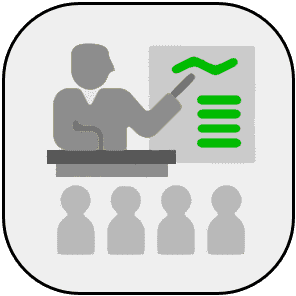
Beginners Course
|
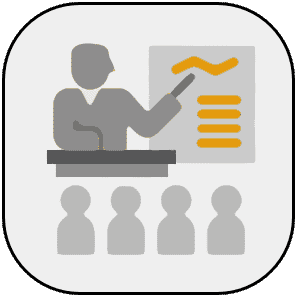
Advanced Course
|
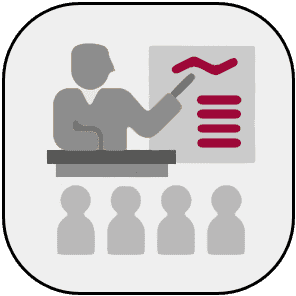
Course for Experts
|
|
|
|
The best, top-rated topics about Hidden Needs. Here you will find the most valuable ideas and practical suggestions.
|
|
|
Advanced insights about Hidden Needs. Here you will find professional advices by experts.

Consultancy Tips
|

Teaching Tips
|
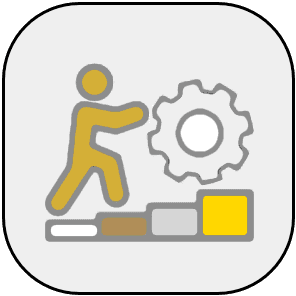
Practical Implementation Tips
|
|
|
|
|
|
Various sources of information regarding Hidden Needs. Here you will find powerpoints, videos, news, etc. to use in your own lectures and workshops.
|
|
|
Useful tools regarding Hidden Needs.

News
|

Videos
|

Presentations
|
| |

Books
|

Academic
|

More
|
|
|
|
Compare with: Consumption Behavior | Hierarchy of Needs | Theory
of Needs | Spiral
Dynamics |
Two Factor Theory | ERG Theory |
Expectancy Theory
| Customer Satisfaction
Model Kano |
Emotional Intelligence
| Cultural Dimensions | Product Life Cycle | Positioning | Marketing
Mix | Extended Marketing
Mix (7-Ps) | Product/Market
Grid | Wheel of Consumer Analysis
|
|
|


